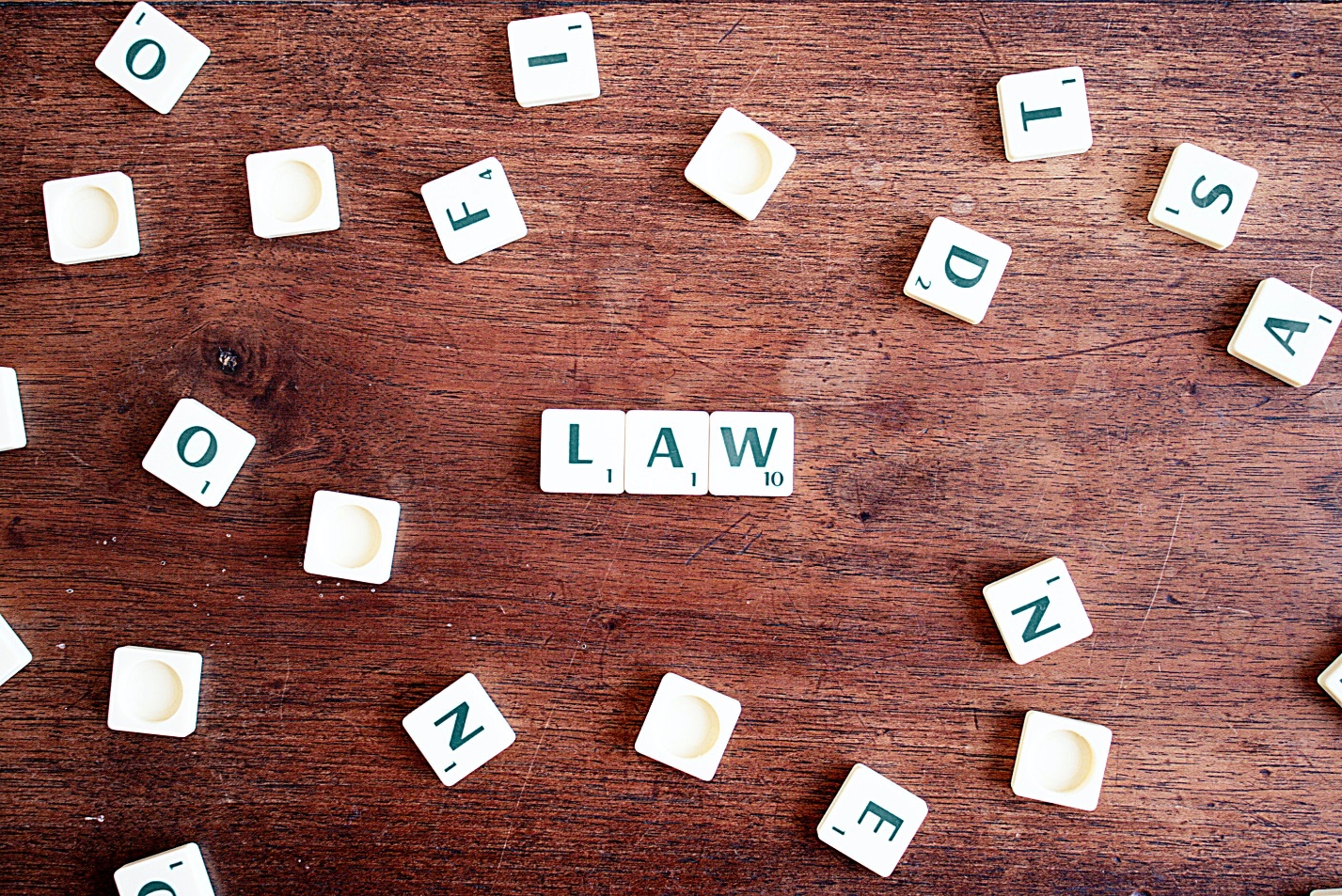Do you know the difference between criminal law and civil law? It’s okay if you don’t, as many people get confused by the two. Criminal law punishes offenders who commit illegal activities and aims to prevent them from reoffending. These conflicts are typically between the government and individual(s).
In contrast, civil law ensures that the rights of civilians are met, and conflicts are typically between private parties. The trial process and punishment also differ between the two types of law. With that in mind, let’s expand beyond this brief definition and look at the differences between the two laws in detail below:
Examples of UK Civil Law and Criminal Law
There is a plethora of legal cases that fall under the purview of both branches of law. Chances are, you may have encountered some of these cases in your personal or professional life. Understanding the different types of laws is essential to know what action you should take. So, to help you better grasp the subject, we have compiled a list of criminal and civil laws down below:
UK Civil Law
- Property damage
- Bankruptcy
- Breach of contract
- Defamation
- Custody disputes
UK Criminal Law
- Possession of illegal substances
- Conspiracy
- Obstruction of justice
- Assault
- Homicide
The Difference in Statute of Limitations
There are varying timeframes within civil and criminal laws for prosecutors or plaintiffs to press charges or bring a claim against a defendant. These laws exist to protect defendants from unjustified claims.
For example, if someone accused you of a crime that took place twenty years ago, would you be able to provide evidence to prove your innocence? It is important to note that each state has its own guidelines for the statute of limitations. However, it is worth noting that severe crimes that fall under UK criminal law, such as sexual assault, kidnapping or murder, don’t need to follow the statute of limitations.
The Difference in Punishment
A judge is responsible for delivering the sentence when a person is found guilty in a case related to UK criminal law. The current UK criminal law guidelines bind the judge, but there is some discretion within those guidelines. The legal penalties for a criminal conviction include probation, fines, incarceration and even jail time.
In a civil case, the defendant must pay the plaintiff financial support to compensate for losses such as medical bills or pain and suffering. Sometimes, the jury might give extra punitive damages to the accused individual.
The Parties Involved in the Lawsuit
The parties involved in cases related to UK civil law and UK criminal law have different roles in legal matters. In a civil case, the plaintiff is usually a civilian who files a lawsuit against the defendant to seek a court-ordered remedy, which can be money, property or performance. On the other hand, criminal cases involve government authorities and individuals who are accused of committing a crime.
The Difference in Settlements and Plea Bargains
Many criminal and civil cases don’t make it to trial, resulting in very few cases going to the sentencing stage. Before it reaches the court, both parties involved in a dispute tend to come to an agreement, believing that the final outcome could be either very favourable or unfavourable for one party. This is why settlements in civil trials and plea bargains in criminal prosecutions.
During a plea deal, the accused pleads guilty in exchange for reduced sentencing or jail time. This agreement takes place when the defendant is afraid of facing a more severe penalty in the final verdict. Another form of a plea deal is when the guilty party testifies in other cases.
On the other hand, in civil cases, the agreement is known as a settlement. Here, the defendant offers payment to the plaintiff for any injuries caused. Both settlements and plea bargains occur when the defendant thinks they cannot win the case, and if the case goes to a final verdict, they will face a more severe punishment. However, in a settlement, the defendant does not accept any wrongdoing.
Wrapping Up
As you can see, there are many significant differences between UK criminal law and UK civil law. Additionally, these variances may affect how you or your legal team handle a lawsuit. So, do your due diligence and extensively research both laws before you take someone to court!


